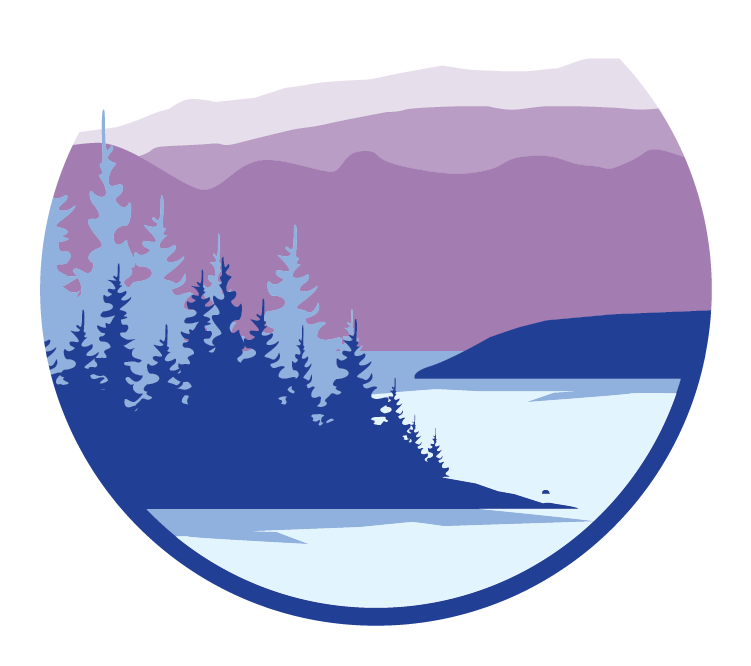Invasive Zebra Mussels Now Officially Established in the upper Colorado River
The warning signs are getting closer every year.
Colorado Parks and Wildlife just announced the first confirmed discovery of adult zebra mussels in Colorado, with new colonies found in Eagle County, the Colorado River near New Castle, and Highline Lake State Park. This alarming spread has now classified the Colorado River — all the way from Aspen to the Utah border — as “positive” for zebra mussels.
These invasive mussels, native to eastern Europe, first arrived in North America through the Great Lakes in the late 1980s. Since then, they have spread to more than 15 states, leaving a trail of environmental and economic destruction.
Why Should Montanans Care?
Once zebra or quagga mussels establish in a waterbody, they are nearly impossible to remove. Major cities like Austin, Chicago, St. Louis, and Detroit have been forced to install expensive mitigation systems — screens, chemical treatments, and mechanical removals — just to keep municipal and industrial water intake systems from clogging. These costs often get passed on to consumers.
What makes them so dangerous?
Invisible invaders: In their larval stage, zebra mussels are microscopic and easily go undetected.
Prolific breeding: A single female can produce up to a million offspring per year under the right conditions.
Hard-surface clingers: They use byssal threads — tiny anchor-like fibers — to attach to rocks, docks, boats, pipes, and even other aquatic species.
This means a lake or river can become infested before anyone even realizes it, and by then, it’s too late.
The Stakes for Flathead Lake and Montana
Flathead Lake is one of the cleanest large lakes in the world — but its future is at risk.
If invasive mussels reach Montana:
Drinking water, agriculture, and hydropower systems would face expensive disruptions.
Native aquatic ecosystems would be severely impacted.
Recreational boating and fishing could suffer long-term damage.
Once established, no U.S. lake has been able to completely eradicate zebra or quagga mussels.
What Can We Do?
The only real defense is prevention.
CLEAN boats, trailers, and gear before and after every use.
DRAIN all water, including bilges and live wells.
DRY everything completely — even damp equipment can carry invisible larvae.
If you have friend and family visiting, remind them that they must have their SUP, kayaks, canoes, and inner tubes inspected before they hit the lake.
The Flathead Lakers are dedicated to raising awareness, supporting boat inspection programs, and advocating for policies that protect our watershed.
Final Message
The threat of invasive mussels is no longer a distant issue.
It’s at Montana’s doorstep.
Let’s work together to protect the Flathead and all of Montana’s waters — before it’s too late.

